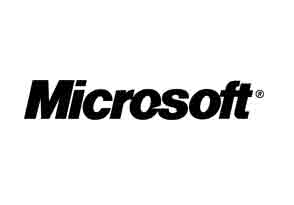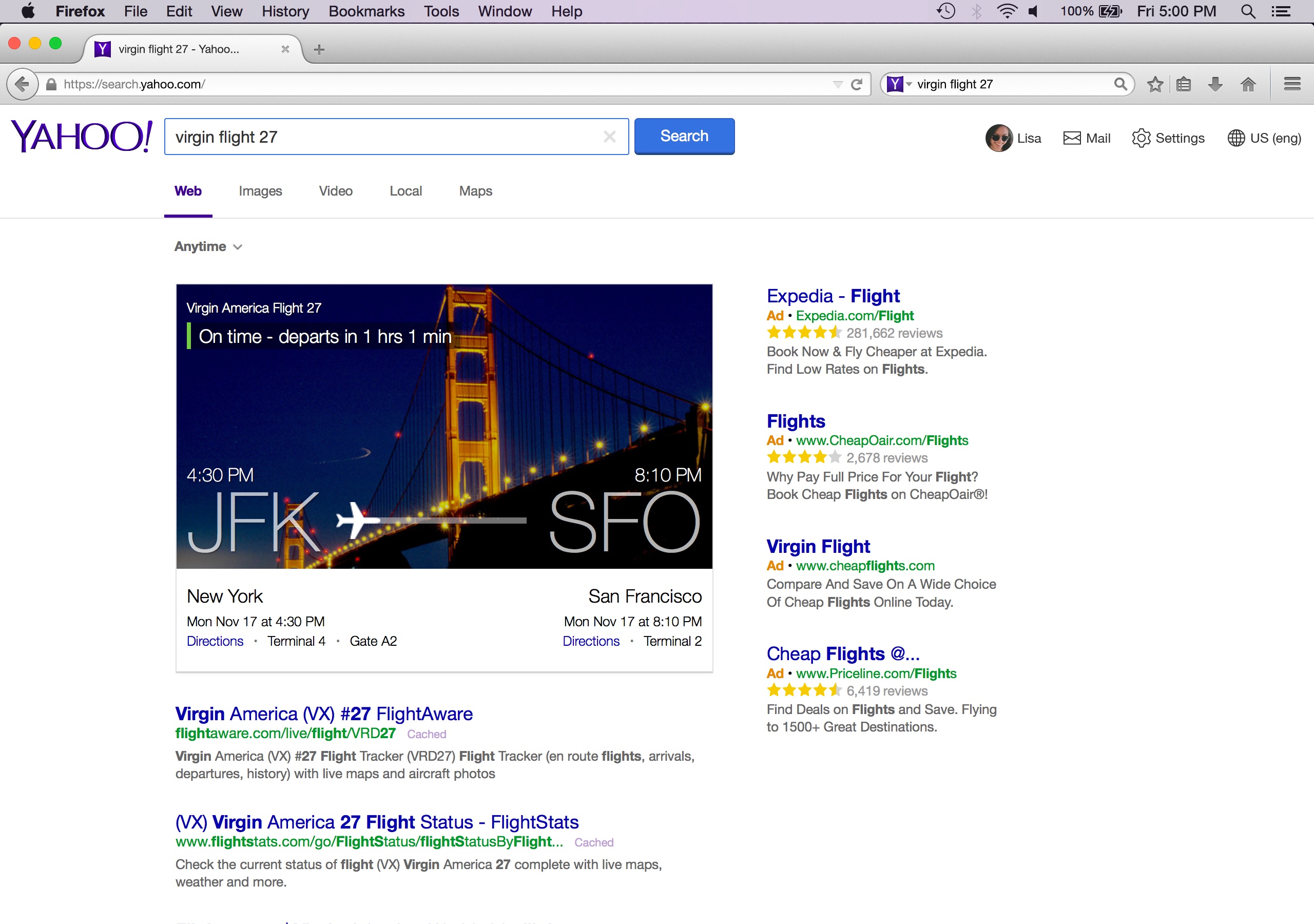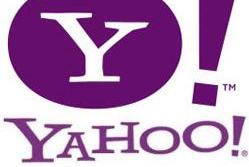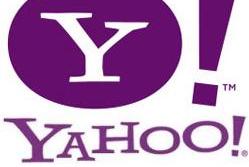What next for Microsoft?
Last week saw Microsoft’s plan to acquire Yahoo all but collapse, and left it with a more dangerous rival than ever before. So what can it do next?

Sign up today and you will receive a free copy of our Future Focus 2025 report - the leading guidance on AI, cybersecurity and other IT challenges as per 700+ senior executives
You are now subscribed
Your newsletter sign-up was successful
The confirmation last week that Yahoo had inked a deal with Google to allow the latter to sell ads across the former's site could inevitably prove to be a pivotal moment in the life of three different companies.
Google has all but cemented its position as the king of the Internet, and has surely come out the winner in all of this. It was faced with a real and tangible threat from the union of two of its rivals, and by making friends with one of them, has left the other the most dangerous seemingly weakened.
Yahoo, meanwhile, has given up fighting Google and opted for a future working side by side with a bigger partner, and that's a decision that could yet go either way for the firm.
And Microsoft? Well, it's been left without a proverbial seat when the music stopped. Make no mistake, this could prove to be a defining moment in the history of the Redmond giant, and what it does next could have real ramifications for its future prospects.
The reasons for why are clear. Microsoft has spent much of 2008 embroiled in a loud and very expensive attempt to merge' with Yahoo, which would have marked a union of the second and third placed companies in the multi-billion dollar Internet search business. It, too, would have at the least created a more formidable opponent for Google, and even those uncomfortable with a join up between Yahoo and Microsoft conceded that there was an advantage to the market having a stronger second-placed competitor.
The Dead Deal
And yet the deal which had been championed by Microsoft chief executive Steve Ballmer has fallen through. In the process, Microsoft has not only failed to cut off one of Google's many heads, but it seems that another three or four have sprouted up as well, making it a tougher opponent than ever before.
Sign up today and you will receive a free copy of our Future Focus 2025 report - the leading guidance on AI, cybersecurity and other IT challenges as per 700+ senior executives
In short, the deal makes Google stronger, Yahoo stronger, and leaves Microsoft looking very isolated. As we reported when the news broke, analyst Jeffrey Lindsay of Sanford Bernstein said: "Google has made an enormous gain strategically. This move might well have shut Microsoft out of the online space altogether". There are many lining up to agree with him.
Eggs
There had, of course, been a strong argument that attempting to acquire Yahoo, especially so publicly, was very much a eggs-in-one-basket strategy - albeit one that would have tempered Microsoft's reliance on the operating system and Office segments of its business for its future. Even when it became clear that a full merger wasn't going to happen (in spite of what were perceived to be veiled threats to the Yahoo board about a potential hostile takeover), Microsoft separately offered for Yahoo's search business alone, such is the importance of the web to its future strategy.
As it stands, there are now some interesting questions arising about where Microsoft goes next.
Certainly in terms of switching its attention to another acquisition, there simply isn't another candidate that can match the size of Yahoo. Microsoft may be tempted to have a dalliance with IAC (InterActiveCorp), which has assets including Ask.com and Expedia (a business that Microsoft knows plenty about, of course), but these surely aren't the kind of statement that it wants to make. IAC, anyway, is in the process of splitting itself up into five separate public companies, and while snapping them up would leave a lot of change compared to an acquisition Yahoo, it wouldn't make much difference in the greater scheme of things.
In April 2008, according to figures released by Hitwise, Google led the market in the US with 67.9 per cent of all searches, compared to 20.3 per cent for Yahoo and 6.3 per cent for Microsoft. Ask was in fourth, but with just 4.2 per cent of the market. Thus, unifying Microsoft and Ask would only just scrape past half of Yahoo's audience, and not even scratch Google's.
Another name that's been mentioned is AOL, but again, it's difficult to see how this would adequately address the challenges that Microsoft is facing. However, Christopher Marangi, an analyst for Gabelli & Co, noted at Tech Trader Daily that "AOL has its challenges, but no other available Internet asset possess its breadth or scale". Time Warner is unlikely to resist an approach for any part of the AOL business, and the asking price again would be comfortably less than the amount Microsoft was willing to pay for Yahoo, but it's still by some distance a second-best option. It's also one that surely doesn't offer as comfortable a strategic fit, nor is it likely to fill the strategic gaps in the Microsoft business plan.
Different Approach
But there are other options open to Microsoft. It could well be that a complete change of strategy is called for, and that in turn could bring Facebook into play.
-
 Stop treating agentic AI projects like traditional software
Stop treating agentic AI projects like traditional softwareAnalysis Designing and building agents is one thing, but testing and governance is crucial to success
-
 PayPal appoints HP’s Enrique Lores in surprise CEO shake-up
PayPal appoints HP’s Enrique Lores in surprise CEO shake-upNews The veteran tech executive will lead the payments giant into its next growth phase amid mounting industry challenges
-
 Google right to be forgotten rule extends to Bing & Yahoo
Google right to be forgotten rule extends to Bing & YahooNews The EU’s controversial right to be forgotten ruling against Google will now also apply to Yahoo and Bing
-
 Firefox to switch default search engine from Google to Yahoo
Firefox to switch default search engine from Google to YahooNews Mozilla signs five-year agreement with Yahoo
-
 Google and Microsoft to discuss Right to be Forgotten
Google and Microsoft to discuss Right to be ForgottenNews The two tech companies have been invited alongside Yahoo to converse with EU privacy officials
-
 iOS 8 abandons Yahoo weather app
iOS 8 abandons Yahoo weather appNews iOS 8 is to drop Yahoo for its weather app in favour of The Weather Channel
-
 NSA intercepts data from Google and Yahoo servers
NSA intercepts data from Google and Yahoo serversNews Agency said to be using unnamed telecoms providers to glean data.
-
 NSA paid Google, Yahoo and Microsoft to cover PRISM compliance costs
NSA paid Google, Yahoo and Microsoft to cover PRISM compliance costsNews Firms had to cover compliance costs for Project PRISM.
-
 Yahoo overtakes Google and Microsoft in US traffic
Yahoo overtakes Google and Microsoft in US trafficNews Venerable web service giant tops unique user ranks.
-
 Yahoo shares reach 18-month high as investors warm to new CEO
Yahoo shares reach 18-month high as investors warm to new CEONews Marissa Mayer's appointment appears to have buoyed Yahoo investors.